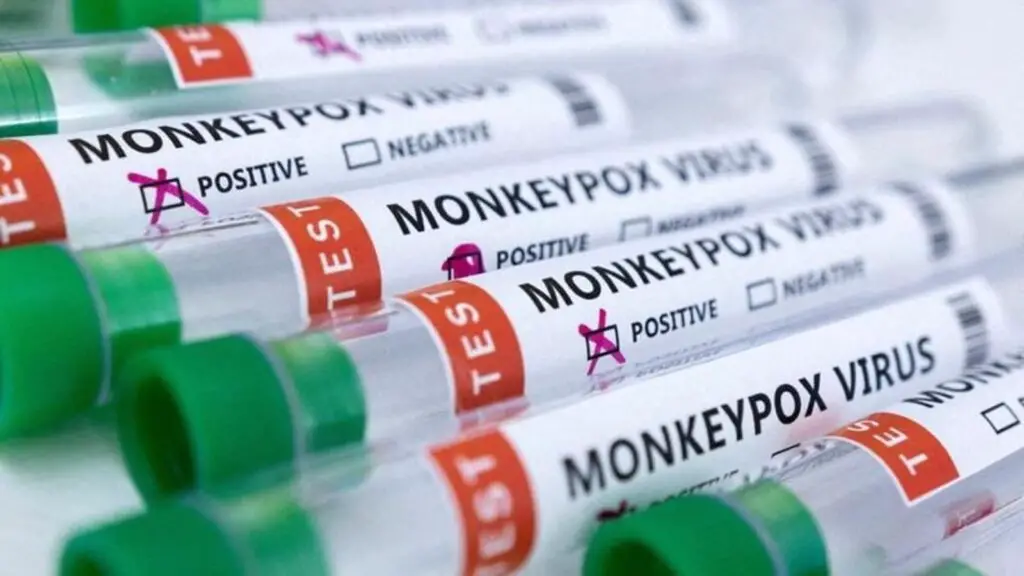On Wednesday, the World Health Organization (WHO) declared a Mpox outbreak in Africa a global health emergency. A deadly strain of the virus, clade lb, previously confined to the Democratic Republic of Congo (DRC), has now spread to four previously unaffected African countries. Consequently, the WHO made its decision due to the increasing spread of the virus.
Mpox Outbreak Declared a Global Health Emergency
Health leaders held a virtual meeting to assess the outbreak’s severity. During the conference, WHO Director-General Tedros Adhanom Ghebreyesus declared the Mpox outbreak an emergency of international concern, the highest health alarm under international law.
He also acknowledged that the spread beyond Africa is concerning.
The Mpox outbreak’s status as a public health emergency of international concern (PHEIC) is typically reserved for “extraordinary events.” Due to the likelihood of global spread, these incidents pose a health risk to other countries.
“It was unanimous that the current Mpox outbreak is an extraordinary event,” committee chair Dimie Ogoina said. “What we have in Africa is the tip of the iceberg… we are not recognizing, or we don’t have the full picture of, this full burden of Mpox.”
What is Mpox?

Mpox, or monkeypox, is a highly contagious virus. You can contract it from infected people and animals through touching, kissing, and sexual activity. Additionally, it may spread through contaminated materials like towels, clothing, sheets, and shared needles. Symptoms typically include fever, headache, a painful rash, muscle and back pain, enlarged lymph nodes, and low energy.
The virus has two genetic clades, clade I and clade II, which are broad groupings that classify the virus into genetically and clinically distinct categories.
Clade II, a more contagious form of the virus, led to a Mpox outbreak that authorities declared a public health emergency in July 2022. They later called off the emergency in May 2023. Clade I, while less contagious, causes more severe symptoms.
This situation does not involve a Mpox outbreak of a specific clade. Experts identified different clades in various countries, each with varying risk levels.
Where is Mpox?
In the past, Mpox primarily affected Central and West Africa. However, it has now spread to Europe and North America. Although the U.S. has not identified any cases of clade I Mpox, the government is closely monitoring the situation.
How To Stay Protected
The CDC recommends people with a high risk of contracting Mpox should get the vaccine. This includes children and people with vulnerable immune systems.
The U.S. supports the containment efforts by providing assistance and vaccines to the WHO and the DRC. Tom Nguyen of the WHO Health Emergencies Program reports that one million vaccine doses are currently in stock, with another 2.4 million potentially available by the end of the year. The DRC and Nigeria will receive priority for these vaccinations.
Other Efforts to Control the Mpox Outbreak

Vaccines are not the only way to control the Mpox outbreak. WHO officials are also initiating international funding research to understand the virus and what causes it to spread. The organization also called for increased surveillance and diagnostics to facilitate a better understanding of the virus.
“We can stop transmission of Mpox with a concerted effort using multiple approaches,” said Dr. Maria Van Kerkhove, director of WHO’s Department of Epidemic and Pandemic Preparedness and Prevention.
“There’s a lot of uncertainty… We can leverage this time and support our member states and the research that needs to be done to understand this.”

